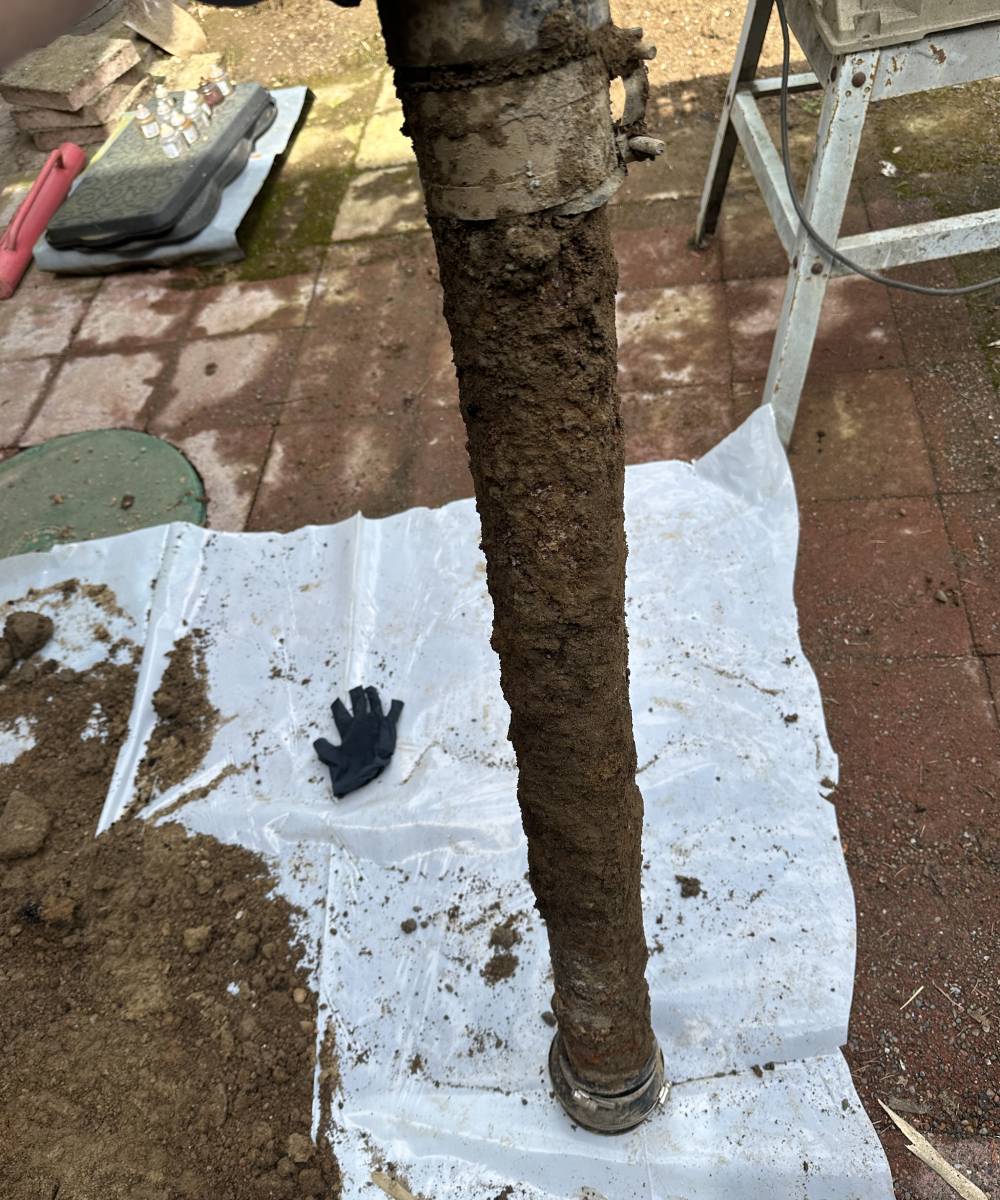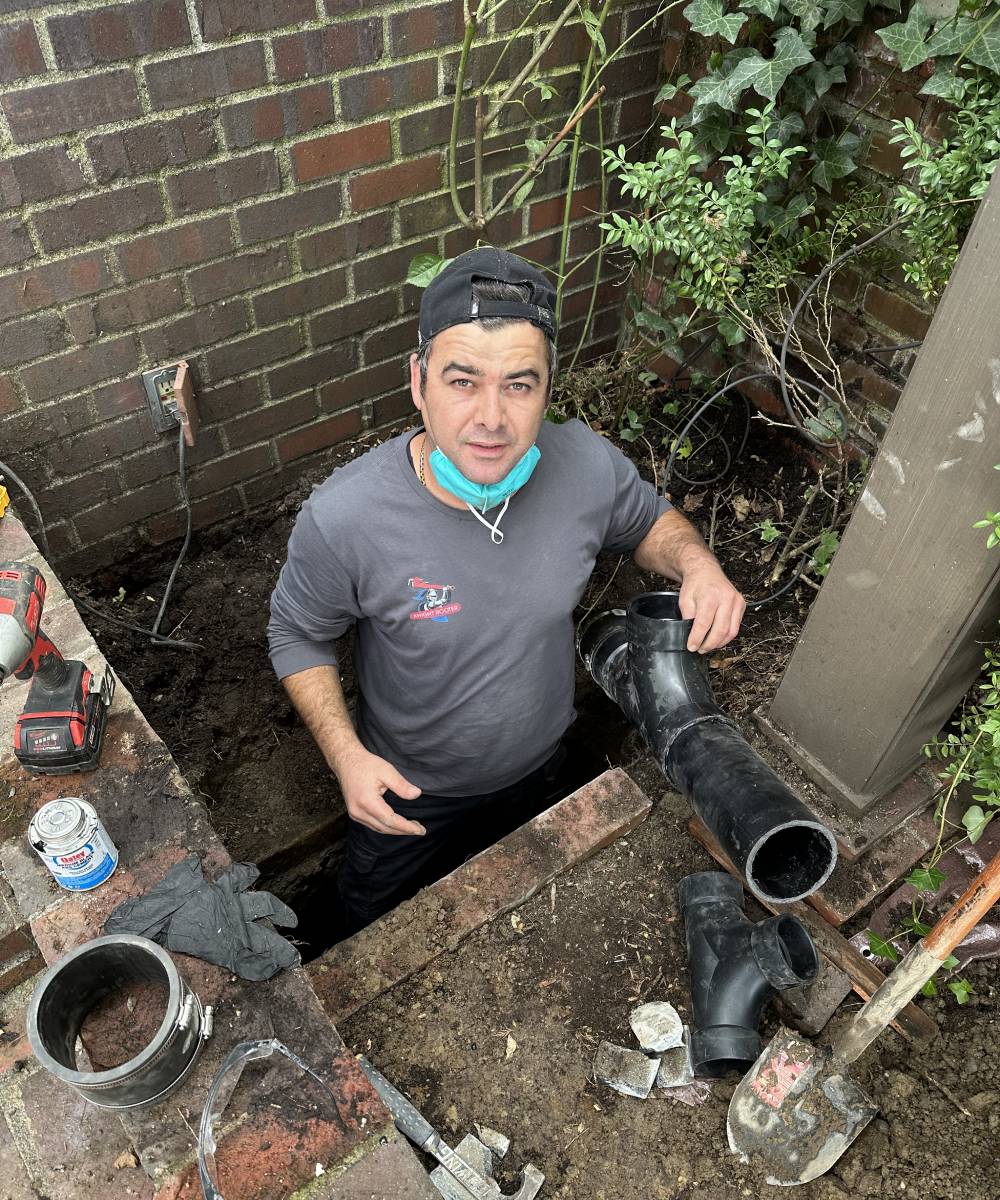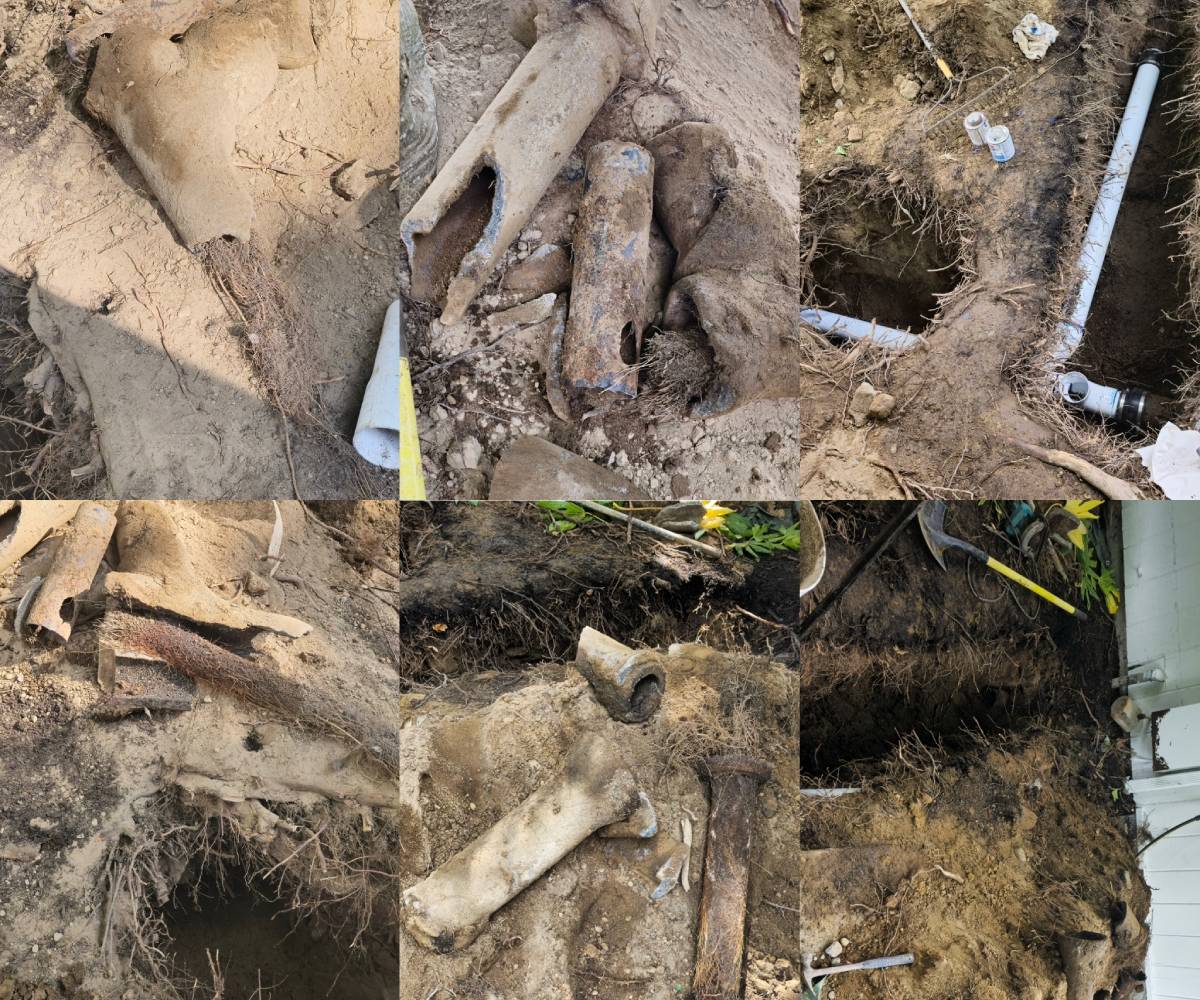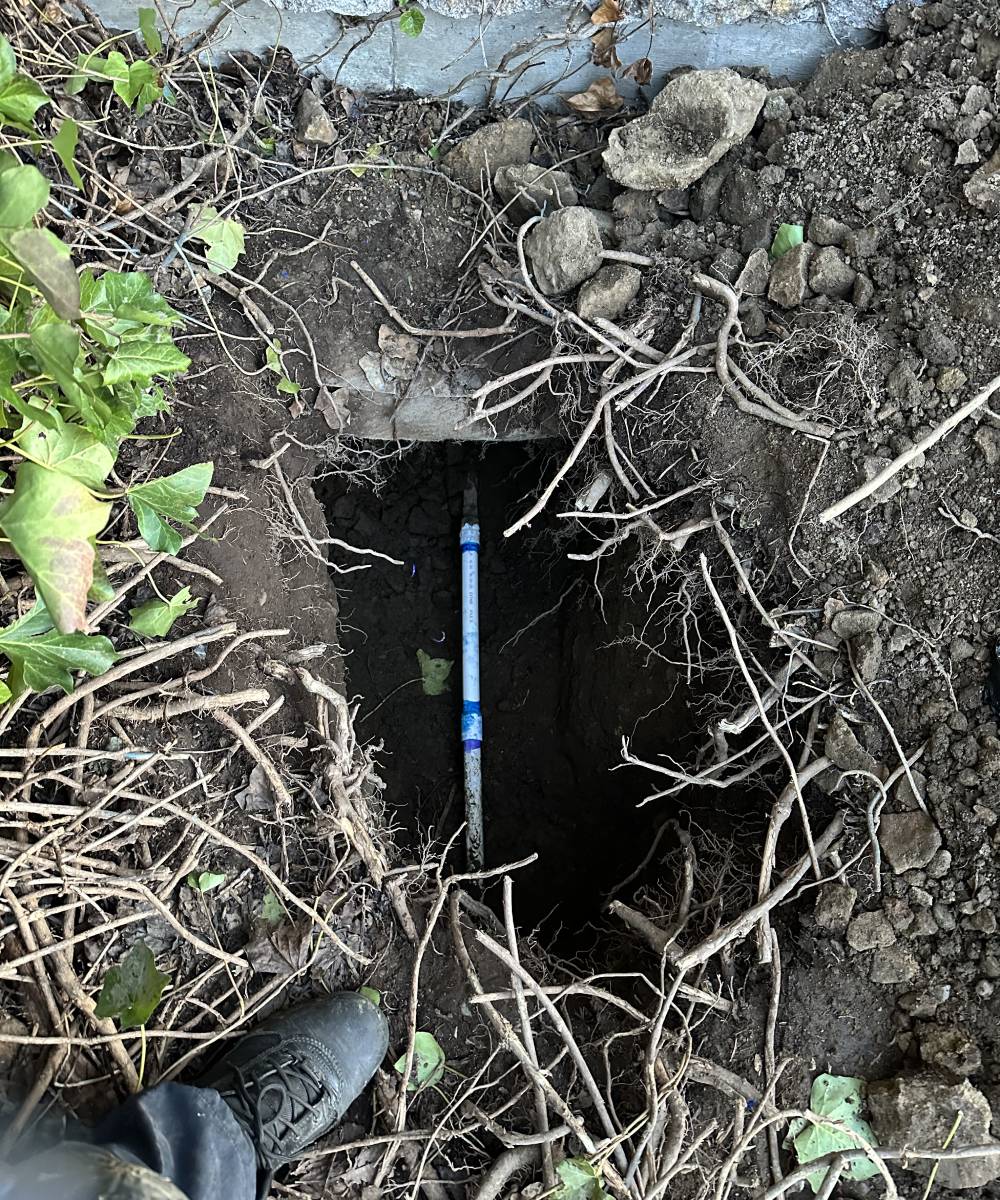As winter approaches and temperatures drop, your home’s plumbing system faces the risk of freezing pipes, water heater issues, and outdoor plumbing damage. With proper preparation, you can avoid costly repairs and keep your home safe and warm throughout the season. This guide provides everything you need to know to winterize your plumbing effectively.
1. Why Winter Plumbing Maintenance Is Crucial
During winter, cold temperatures can cause water to freeze inside pipes. This freezing leads to expansion and, eventually, pipe bursts, resulting in significant water damage and expensive repairs. Additionally, neglecting your water heater can result in inefficiencies or complete breakdowns when you need hot water the most.
Key Benefits of Winter Plumbing Maintenance:
- Prevents frozen or burst pipes.
- Ensures efficient water heating.
- Minimizes the need for emergency plumbing services.
2. Comprehensive Winter Plumbing Maintenance Checklist
Stay ahead of winter plumbing issues by following this detailed checklist:
Indoor Plumbing:
- Inspect for leaks or weak spots in pipes.
- Schedule drain cleaning services to prevent clogs.
- Insulate pipes in unheated areas like basements or garages.
- Check faucets and fixtures for proper functionality.
- Keep your thermostat at a consistent temperature, even when you’re away.
Outdoor Plumbing:
- Disconnect garden hoses and drain outdoor faucets.
- Install insulated covers on outdoor spigots.
- Shut off and drain water supply lines for irrigation systems.
Water Heater:
- Flush the water heater to remove sediment buildup.
- Check the thermostat setting (120°F is optimal).
- Inspect the tank for rust or leaks.
Additional Tips:
- Seal gaps in windows or walls near plumbing to reduce exposure to cold air.
- Locate your home’s main water shutoff valve in case of emergencies.

3. How to Prevent Frozen Pipes
Frozen pipes can disrupt your water supply and cause severe damage. Here’s how to prevent them:
Insulate Pipes:
Use foam pipe insulation or heat tape for pipes in unheated areas.
Keep Water Flowing:
Let faucets drip slightly during freezing weather to relieve pressure in the system.
Increase Warm Air Circulation:
Open cabinet doors under sinks to allow warm air to reach pipes.
If your pipes freeze, avoid using an open flame to thaw them. Instead, use a hairdryer or warm towels. Contact a professional if the problem persists.
4. Protecting Outdoor Plumbing
Outdoor plumbing components are especially vulnerable to freezing temperatures.
Steps to Protect Outdoor Plumbing:
- Remove and store garden hoses.
- Cover outdoor faucets with insulated caps.
- Drain any exposed plumbing to prevent trapped water from freezing.
These measures can prevent costly repairs and ensure your outdoor systems remain functional.
5. Water Heater Maintenance Tips
Your water heater works overtime during the winter months. Proper maintenance is essential for efficiency and longevity.
Key Maintenance Tips:
- Flush the Tank: Remove sediment that can reduce heating efficiency.
- Inspect the Anode Rod: This component prevents tank corrosion. Replace it if worn out.
- Check the Thermostat: Ensure it’s set to the recommended temperature (120°F).
If your water heater shows signs of inefficiency or leaks, consider calling a professional for an inspection.
6. Warning Signs and When to Call Emergency Plumbing Services
Even with preventative care, emergencies can still occur. Recognizing the warning signs early can save you from significant damage.
Signs to Watch For:
- Unusual sounds from pipes or the water heater.
- Dripping faucets despite being turned off.
- Sudden loss of water pressure.
- Frozen pipes that won’t thaw.
When these issues arise, don’t wait—contact emergency plumbing services immediately to avoid further damage.
Preparing your plumbing for winter is essential to avoid unexpected breakdowns and costly repairs. Whether it’s insulating pipes, maintaining your water heater, or protecting outdoor systems, proactive care makes all the difference. For professional help and peace of mind, trust KnightRooter. Stay warm and worry-free this winter!
“For drainpipe maintenance services and expert help, trust the team at KnightRooter to keep your home safe this winter.”
FAQ
1: How can I tell if my pipes are frozen?
Signs include little to no water flow from faucets, frost on visible pipes, or strange noises when you turn on a tap.
2: Is it necessary to insulate indoor pipes?
Yes, especially in unheated spaces like basements, attics, or crawlspaces.
3: Can I leave my water heater off while traveling during winter?
It’s better to set it to vacation mode or a lower temperature setting to avoid freezing risks.
4: What should I do if my outdoor faucet is frozen?
Turn off the water supply to the faucet, then use warm towels to thaw it. Avoid forcefully turning on the faucet.
5: How often should I schedule drain cleaning services?
At least once a year, or more frequently if you experience frequent clogs.
For homeowners in Seattle, making sure your plumbing is ready for winter is crucial. Regular maintenance, including drain cleaning and inspections, can save you from costly winter emergencies.
For expert help and reliable solutions to keep your plumbing in top condition all season long, turn to Seattle Sewer drain Cleaning Services.





No comment yet, add your voice below!